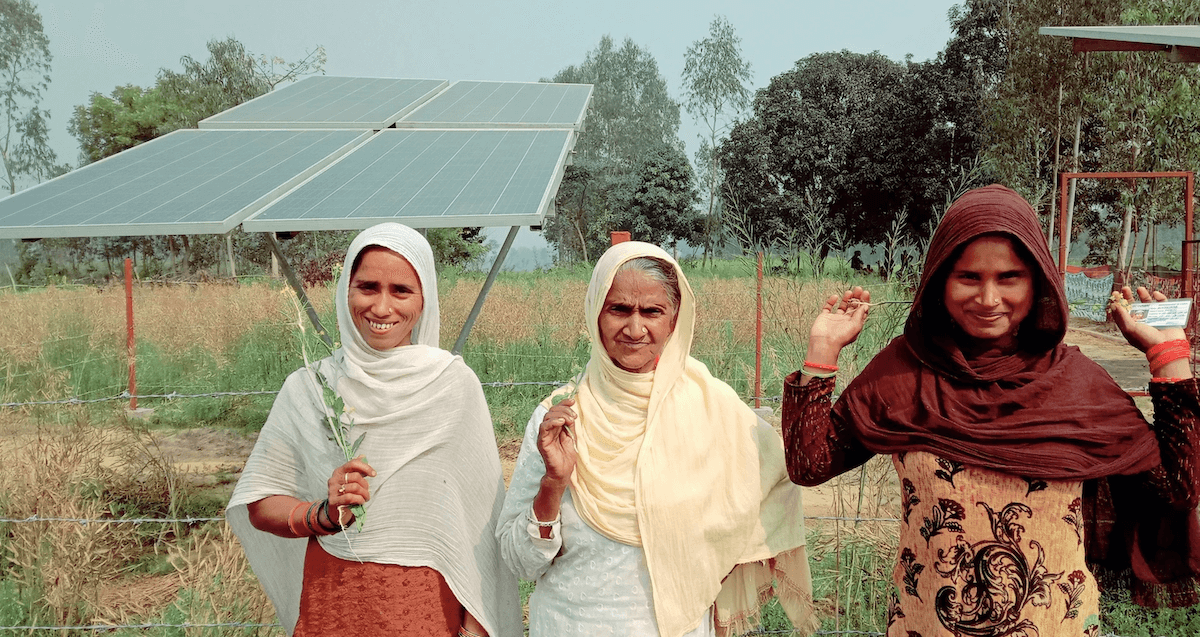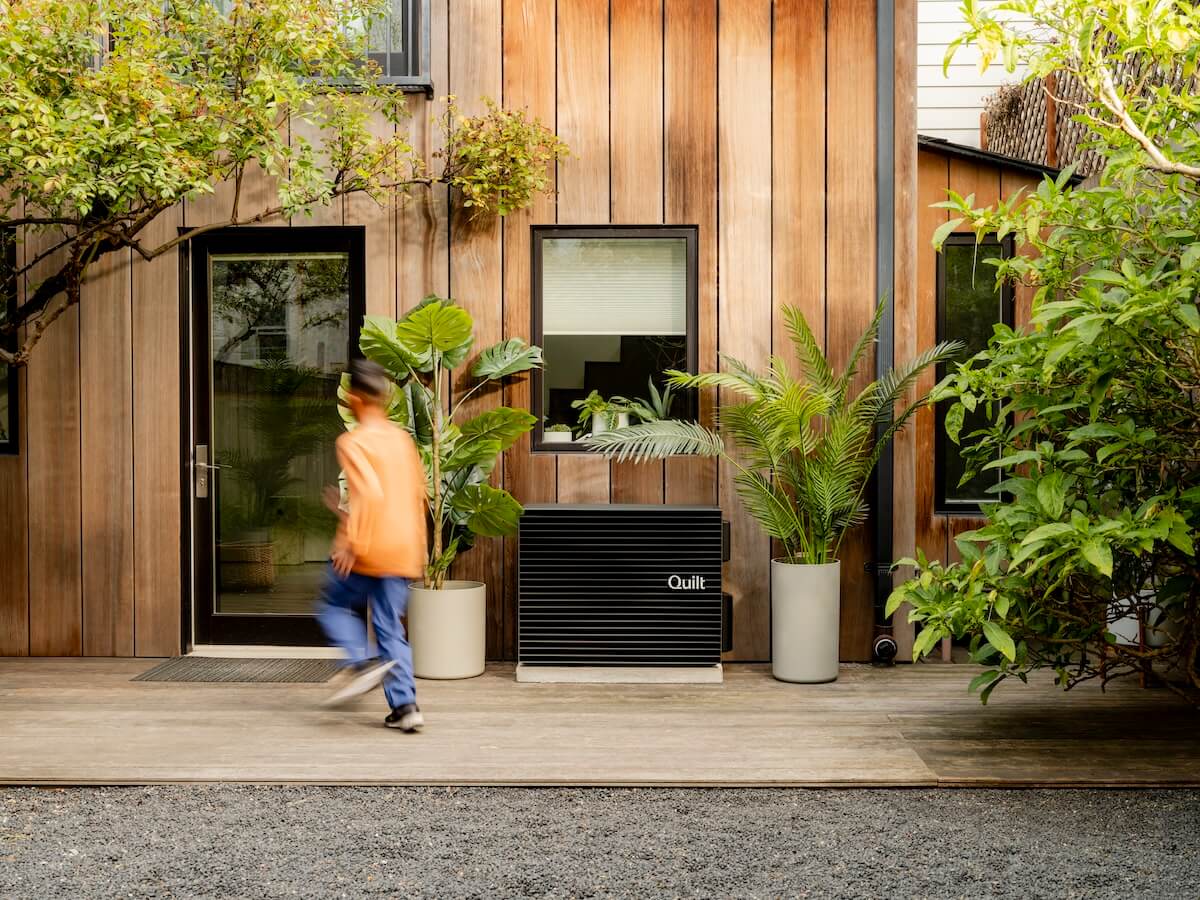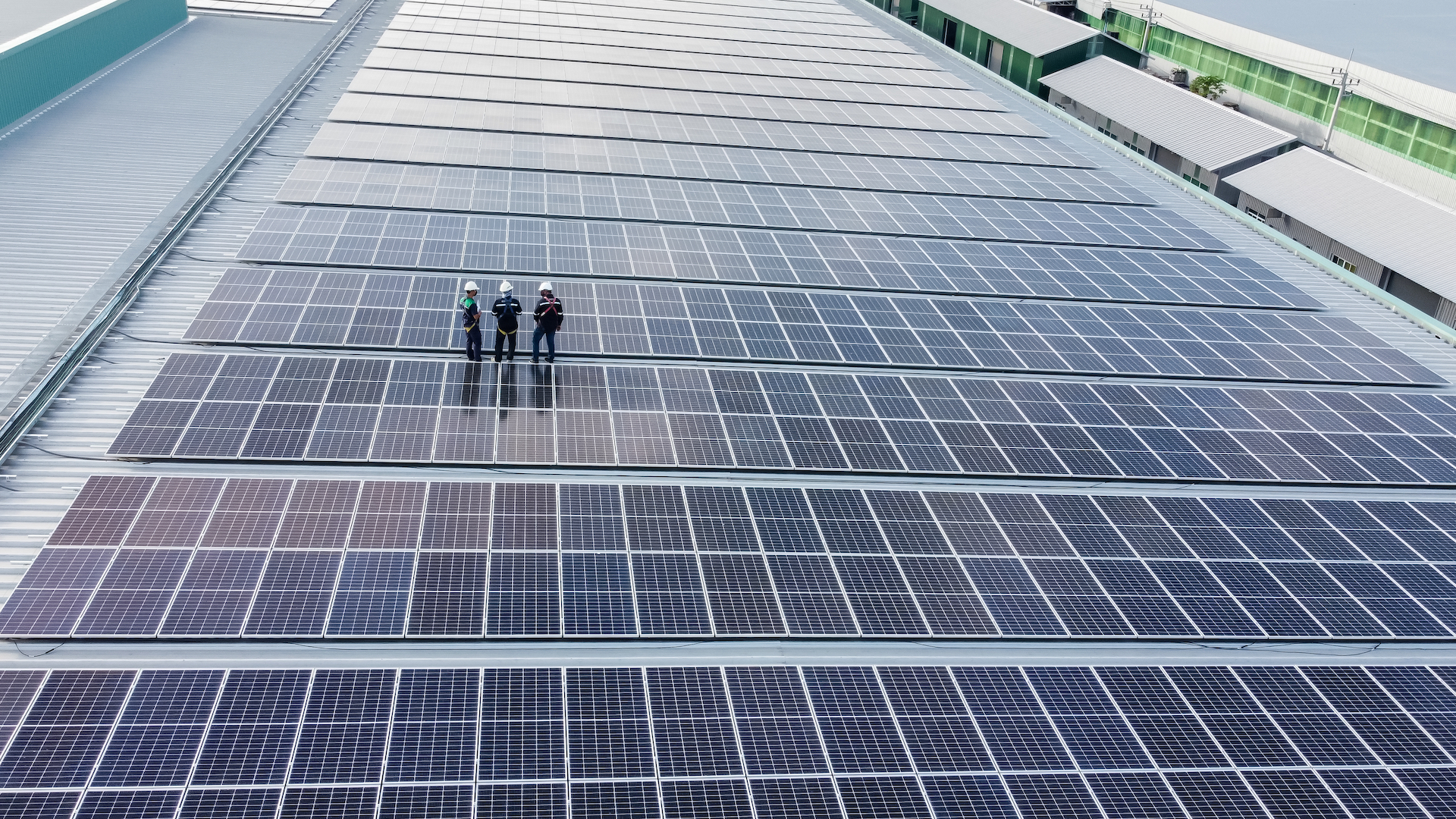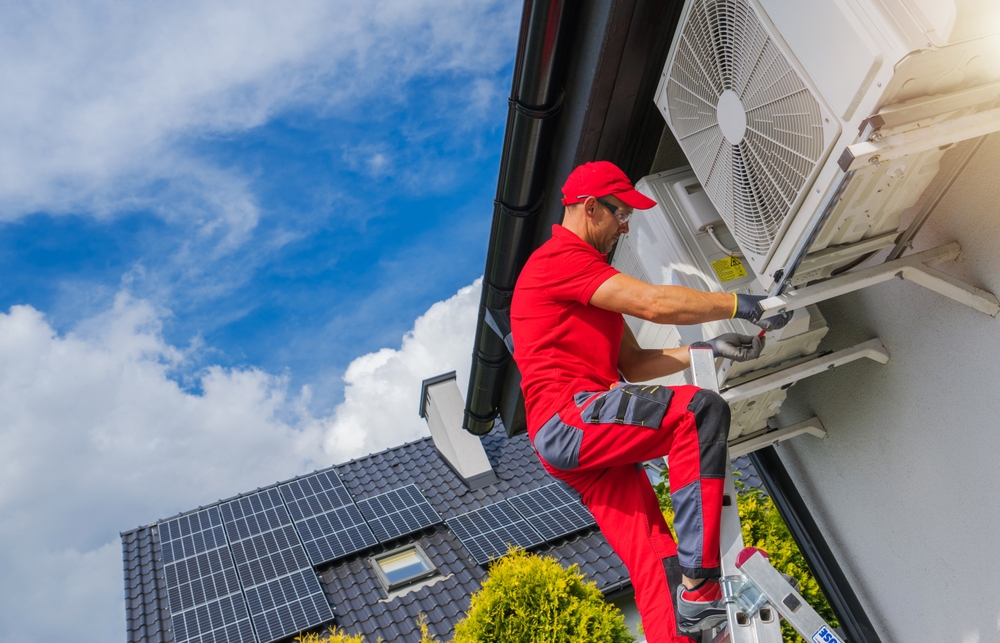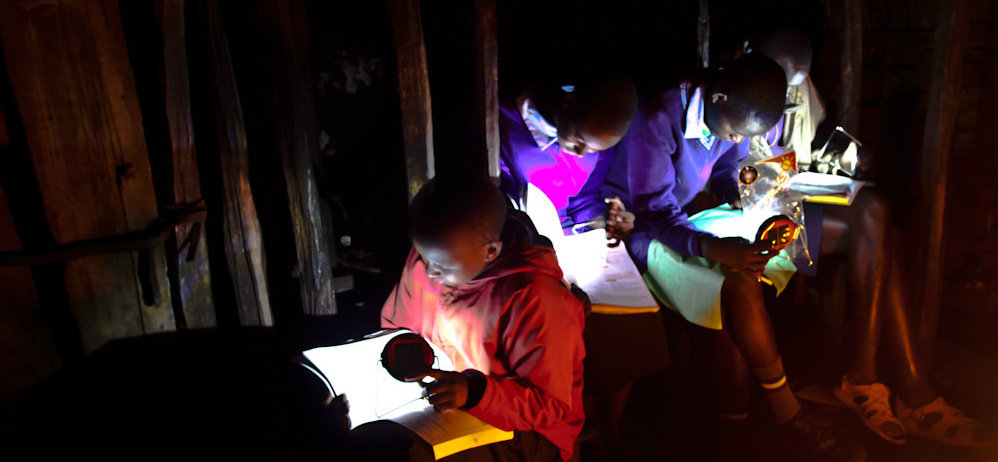In Zimbabwe, Agriput Solar leverages a network of local women to sell solar home products in rural communities. Women-led Grean World in Ethiopia employs “village level entrepreneurs” as sales agents for its home solar and clean cooking offerings. Oorja Solutions in India co-designs its solar-powered irrigation, milling and cooling products with its smallholder farmer customers.
Such locally- and women-owned clean energy companies aren’t appearing in big ticket investment news headlines. But they’re having an outsized impact on global energy access.
Two-thirds of customers of locally-owned off-grid energy companies report an improved quality of life, compared to 53% of off-grid energy customers overall, according to “Why off-grid energy matters: 2024,” a new report from 60 Decibels. Locally-owned companies also reach more women and very low-income people.
Women-led companies have a particularly strong impact record in terms of customer satisfaction, financial health and inclusive access.
Investment blind spots
Expat and male-led companies d.light, Sun King, Bboxx have built the off-grid energy market and brought in billions of dollars in debt and equity for energy access in emerging markets. Just 1% of off-grid solar industry investments go to women-led companies and 5% to locally-owned companies.
As larger energy companies face investor pressure to move upmarket, local and diverse-led companies will be crucial to reaching the most underserved markets and demographics, 60 Decibels’ Kat Harrison tells ImpactAlpha.
More than 660 million people worldwide could still lack access to reliable energy by 2030.
“What we have seen from all the years of working with early stage companies that then scaled is that customer experience is such a good temperature gauge of a viable business model and traction in the market,” Harrison says.
Small is mighty
60dB, an Acumen spin-out, has been tracking the impact of off-grid energy, financial services and other emerging market products and services for more than decade. Another key finding from its 2024 off-grid energy survey: solar lanterns remain the most beloved off-grid energy product.
Of the 3,000 solar lantern customers 60dB surveyed, 94% percent reported quality of life improvements because of the product, and more than half report improvements in family health and income.
“Investors are pushing companies away from cheaper, lower-spec, lower-margin products, but doing that means leaving a lot of people behind,” Harrison observes. “One of the solutions to affordability or over-indebtedness is having more affordable products that people can start with.”
Protecting consumers
As pay-as-you-go financing was introduced to help new energy users pay for products, a wave of over-indebtedness followed, owing to excessive loan approvals and poor or inaccurate credit underwriting. About 5% of customers report financial strain from energy product payments.
Initiatives like GOGLA’s Consumer Protection Code are “encouraging actors to understand their impact on their customers and ensuring consumer feedback shapes the sector’s future,” notes 60db’s report.
Harrison believes more can be done to help customers understand financing contracts and whether financial strain. In rural communities, payments and payment holidays could be scheduled around the growing and harvest cycle.
“Energy access is just such a critical part of human life that people will do a lot to try to keep the lights on,” she says.
.

